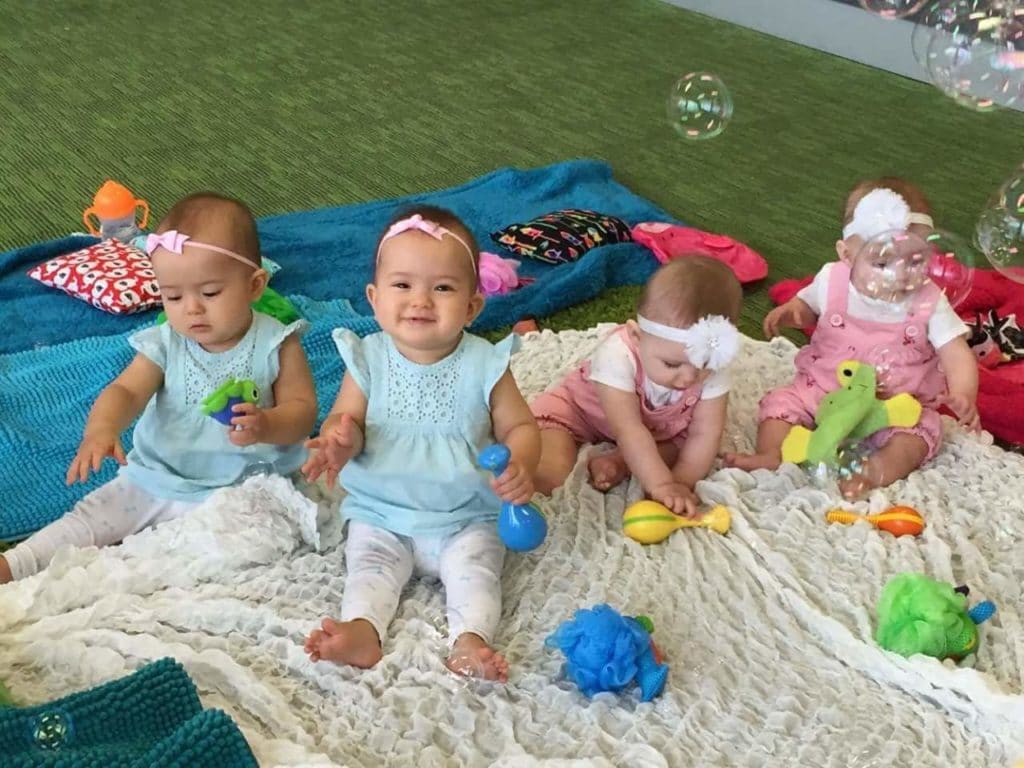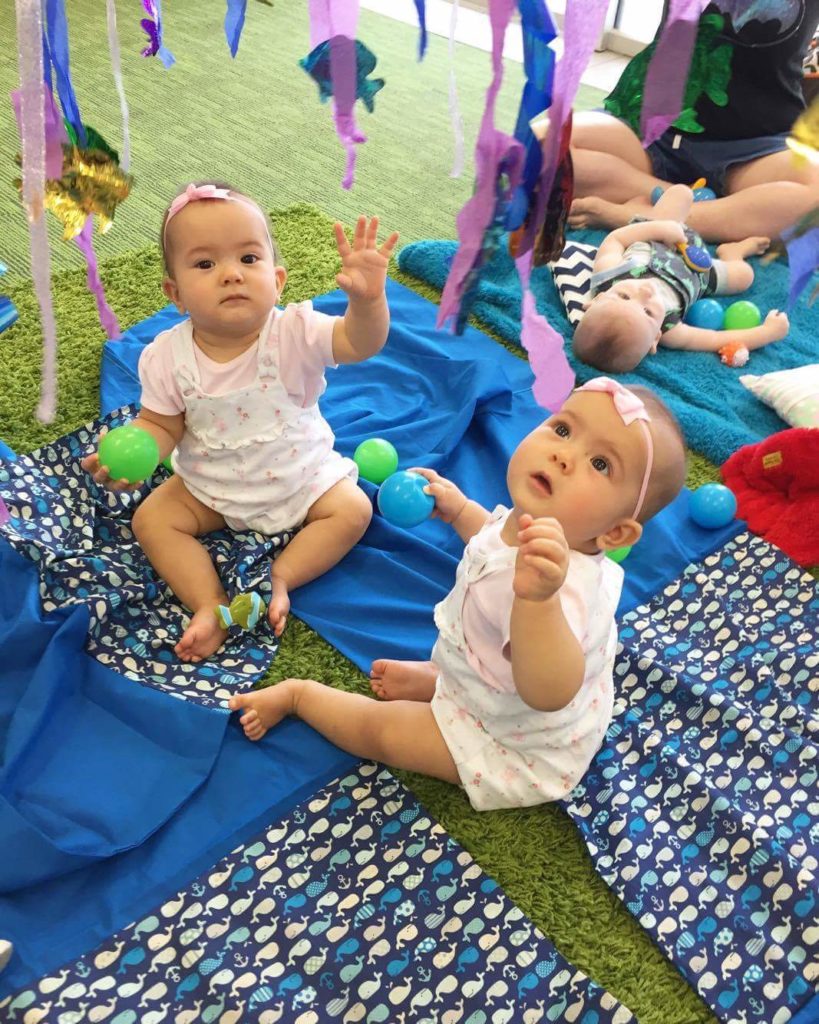How your baby responds to music. There are several benefits from how your baby will respond to music. Some of the benefits are bigger than others and some are just around the effects of pleasure babies get from listening to music.
Let’s have a look at some of the ways your baby will respond to music and the effects this might have on your baby.
Relaxing
When babies listen to music a response of which most people are accustomed to are the relaxing benefits of the music itself. Many parents and carers will play some lullabies to relax their child at nap or bedtime to get their baby ready to sleep. Extensive research done by Harvard’s Music Lab concluded that infants responded to a song through relaxation. In the experiment, infants watched a video of characters singing a lullaby or a non-lullaby, and the children had their heart rates measured throughout. The infants experienced a decrease in heart rate and pupil dilation. Results and methods used in this study can be found here.

Development of fine motor skills
When babies Grasp instruments like shakers between the thumb and index finger or with a fisted grasp pattern encourages the development of fine motor skills. Reaching out to touch a dropping ballon from the sky. Babies will later use these skills to hold a pencil or fork, use scissors, or possibly even play the guitar!
Language Development
Maggie Moo Music songs support language and literacy development. Exposing children to the basic structure and sequence of sounds involved in language. Phonological awareness and alliteration, and supporting children’s developing narrative skills, breath awareness, vocabulary, and active listening skills.

Social-Emotional Development
Music activities can foster children’s self-regulation, social competence, self-confidence and the ability to work with others in a group through providing young children with leadership opportunities, practice with turn-taking and behavioral control, and allowing for self-expression.
Cognition development
Songs and rhythmic chants in varied meters can familiarize children with concepts of proportions, patterning, and counting, supporting their emerging math skills. Music and movement activities can also support children’s developing representational abilities and concept knowledge, and provide opportunities to explore cause-and-effect.
Conclusion
Maggie Moo Music is great fun and interactive regular music session for 0 to 5-year-old children and their parents, grandparents, or carers too, where the children sing, dance, play, learn and have fun while doing it. Music is an essential part of the development and the 125+ original Moo Music songs used at the sessions are positive, uplifting, fun, and educational. The interactive sessions will help your child gain confidence and develop memory, language, and coordination skills in an exciting, enjoyable, and multi-sensory way. All the songs are written by a professional songwriter and recorded by professional musicians and vocalists using real instruments.
For more information on Maggie Moo Music check our website.
